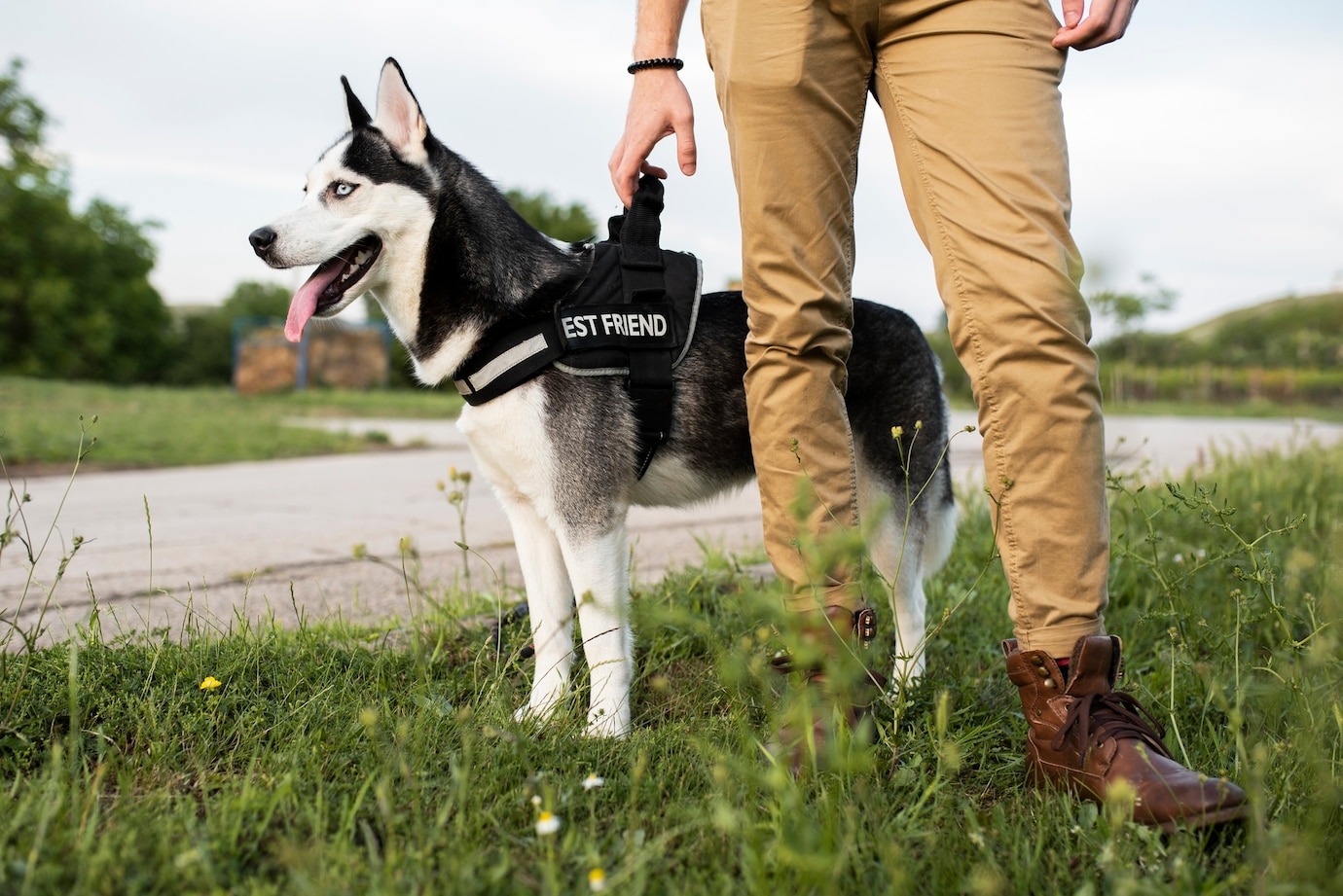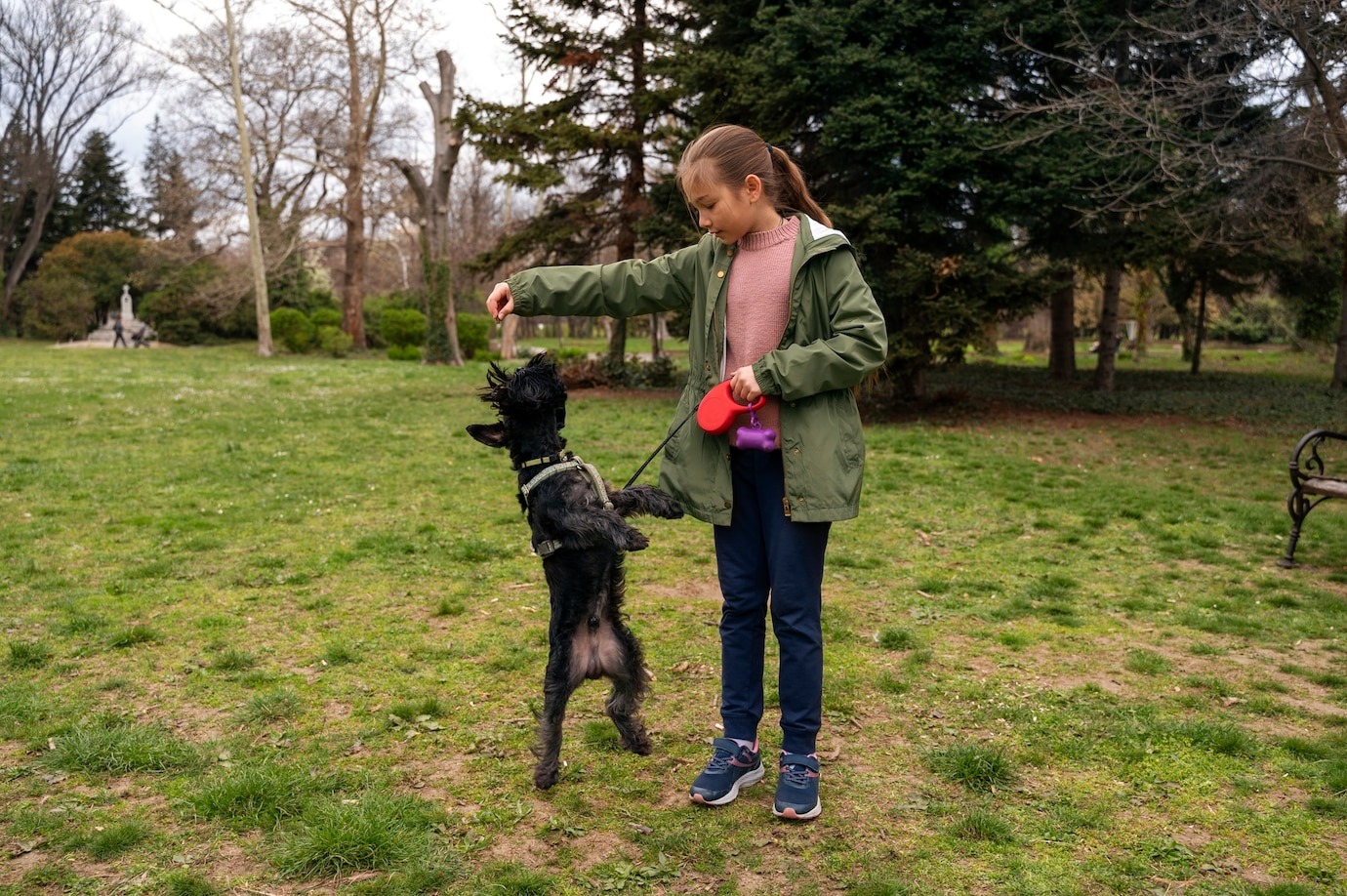Animals have an incredible capacity to bring joy, companionship, and love into our lives. They are loyal, forgiving, and often become cherished members of our families. However, there's a dark side to the way some animals are treated, particularly in the context of training. Referring to the complaints about professional k9 facilities, this blog post is dedicated to Leia, a dog who tragically lost her life due to abusive training methods. Her story serves as a stark reminder of the importance of raising awareness about animal abuse in training.
Leia's Story
Leia's narrative is a profoundly moving account of a Dutch Shepherd Dog whose trust in a canine training facility was shattered, resulting in a tragic and untimely loss. Driven by their love for their cherished pet, Leia's guardians entrusted her to a professional K9 training center with high hopes, only to witness the heart-wrenching aftermath of negligence. This tale underscores the lasting significance of the decisions we make concerning the trainers and facilities for our beloved furry companions, as these choices can profoundly affect their overall well-being.
Understanding Animal Abuse Via K9 Pet Training Complaints Perspective
Exploring the distressing world of animal abuse through the lens of professional K9 pet training complaints provides valuable insights into the ethical and humane treatment of our canine companions. These complaints shed light on the dark corners of the training industry, urging us to examine the practices that not only affect dogs' well-being but also the relationships they share with their human owners. Here are the different aspects of this issue:
Physical Abuse: Some trainers resort to physical violence, including hitting, kicking, or using shock collars to control and train animals. These methods can lead to severe injuries, long-lasting trauma, and even death. This physical abuse can have devastating effects on the animals' physical and emotional well-being.
Psychological Abuse: Fear-based training techniques, such as yelling, scolding, and intimidating animals, can result in lasting psychological effects. Animals subjected to such methods may develop anxiety, aggression, or phobias. These psychological scars can diminish an animal's quality of life and hinder their ability to bond with their owners.
Neglect: Neglect is another form of abuse that cannot be ignored. Animals need proper care, attention, and socialization. Isolating them or depriving them of basic needs can lead to severe health and behavioral issues. Neglect in training programs can result in animals experiencing extreme stress and suffering.
Unregulated Training Programs: The lack of adequate regulation in the animal training industry allows individuals with little to no experience to offer training services. This situation can lead to animals being subjected to harmful methods by unqualified trainers. This lack of oversight underscores the need for stricter regulations and standards.
The Impact of Animal Abuse in Training
K9 pet training complaints highlight a pressing concern within the realm of animal welfare and training. The impact of animal abuse in such training methods raises serious ethical and practical questions, not only affecting the well-being of our furry companions but also the effectiveness of the training itself. This discussion delves into the far-reaching consequences of professional k9 pet training complaints on both dogs and their human owners. Here are some of the impacts:
Physical and Psychological Trauma: Animals that endure abuse during training may suffer physical injuries and long-lasting emotional trauma. This trauma can lead to a reduced quality of life for the animal, potentially resulting in aggressive or fearful behavior.
Strained Owner-Pet Relationships: The bond between humans and their pets is built on trust and love. When animals are abused during training, it can strain this relationship, causing emotional distress for both the pet and the owner. The trauma experienced by the animal can disrupt the harmonious connection between them and their human companions.
Spread of Misinformation: Training methods like the one as mentioned in professional k9 pet training complaints that rely on fear and punishment can lead to the spread of misinformation about animal behavior and communication. This can result in owners making poor decisions based on fear rather than a genuine understanding of their pets, perpetuating a cycle of fear-based training techniques.
Public Safety Concerns: Aggressive or fearful animals that have been subjected to abuse can pose a threat to public safety. This can result in incidents of dog bites and other dangerous behaviors, putting not only the animal's welfare at risk but also the safety of others.
Raising Awareness and Promoting Ethical Training
In response to the growing tide of k9 pet training complaints, there is a pressing need to raise awareness and advocate for ethical training practices in the canine world. As these concerns continue to surface, it becomes increasingly vital to promote responsible and humane training methods, ensuring the well-being of our beloved four-legged friends. Here are some steps we can take:
Research Before Choosing a Trainer: Before enrolling your pet in any training program, thoroughly research the trainer's methods, credentials, and reviews. Seek out trainers who use positive reinforcement methods, such as treats, praise, and toys. Positive reinforcement is a humane and effective way to train animals.
Support Regulation: Advocate for stricter regulations and oversight in the animal training industry. Lobby for licensing and certification requirements to ensure that trainers are qualified and held accountable for their actions. Regulation can help protect animals from abuse and neglect.
Education and Training: Educate yourself and others about animal behavior, communication, and the importance of positive reinforcement. Encourage the use of science-based training techniques that focus on rewarding desired behaviors rather than punishing unwanted ones.
Report Suspected Abuse: If you suspect that animal abuse is occurring in a training program, report it to the appropriate authorities or animal welfare organizations. Your intervention could save an animal's life and prevent further suffering.
Promote Adoption: Consider adopting a pet from a local animal shelter or rescue organization. Many animals in these facilities have experienced trauma, and they deserve a loving and patient home to help them heal. By adopting, you can contribute to giving these animals a second chance at a happy life.
Final Thoughts!!
Leia's story serves as a poignant reminder of the devastating repercussions of professional k9 pet training complaints and the dire need for reform in the field. It is our collective responsibility to ensure that no more innocent animals endure suffering or harm due to outdated and cruel training methods. By raising awareness and advocating for ethical and humane practices, we can transform the lives of countless animals, preserving the strong, loving, and unbreakable bonds between humans and their beloved pets.






